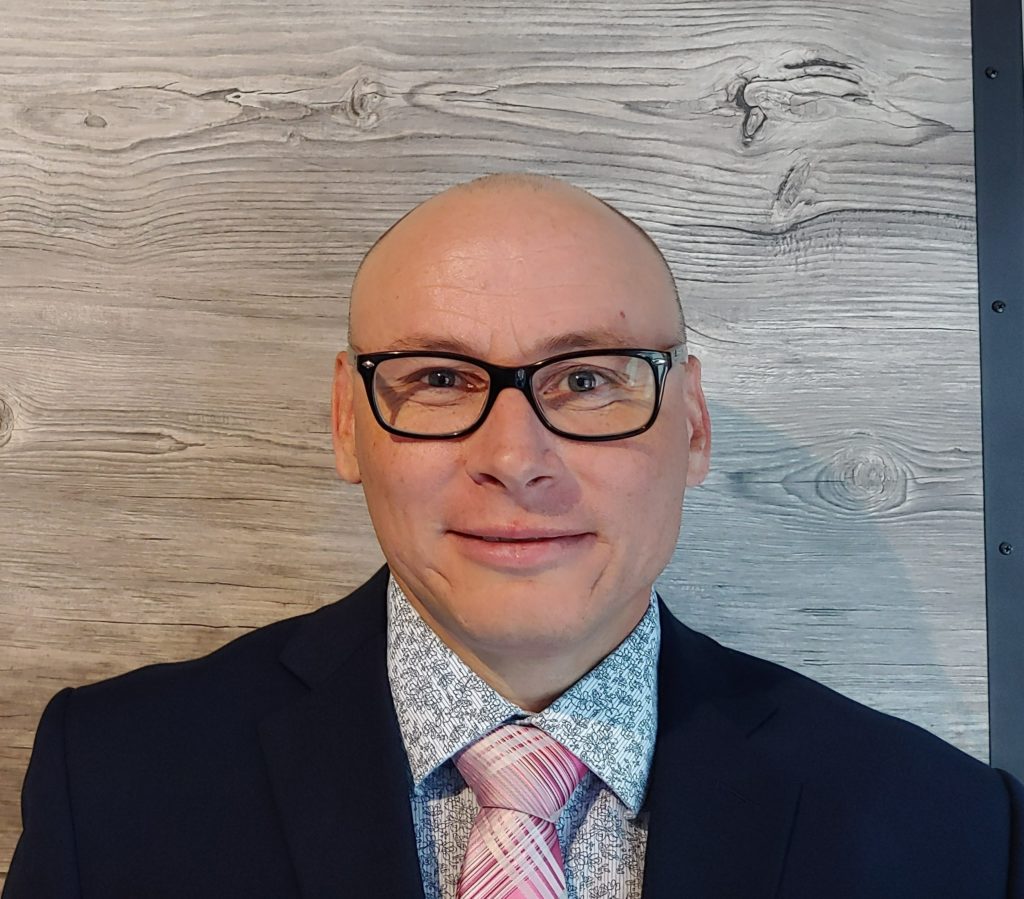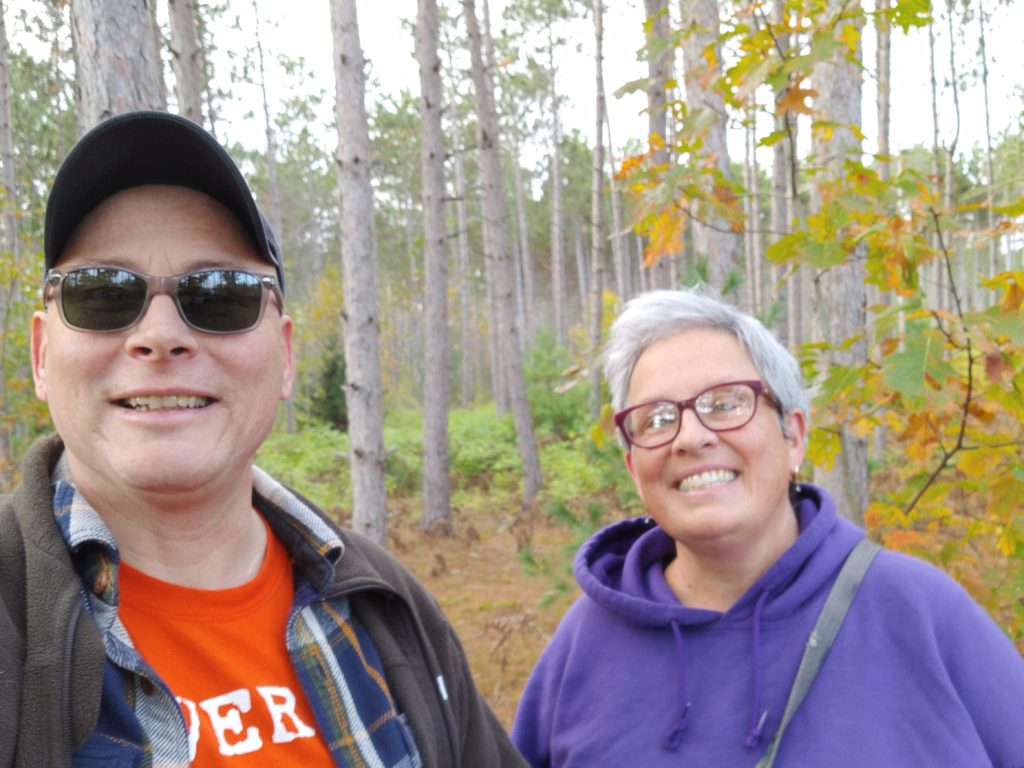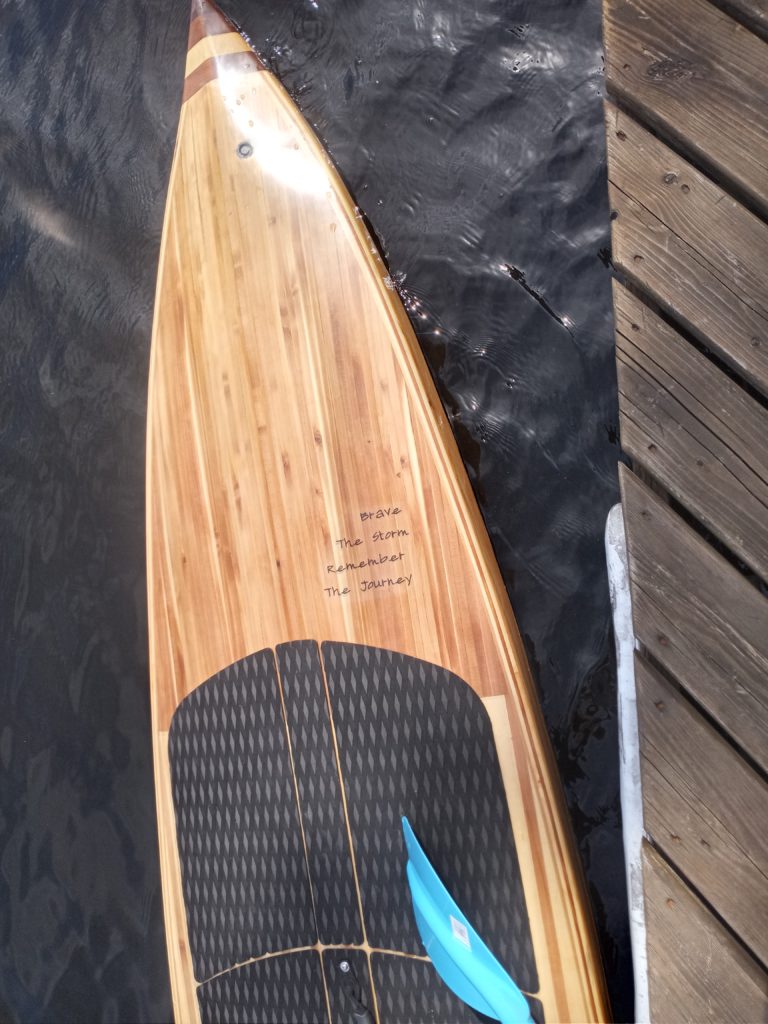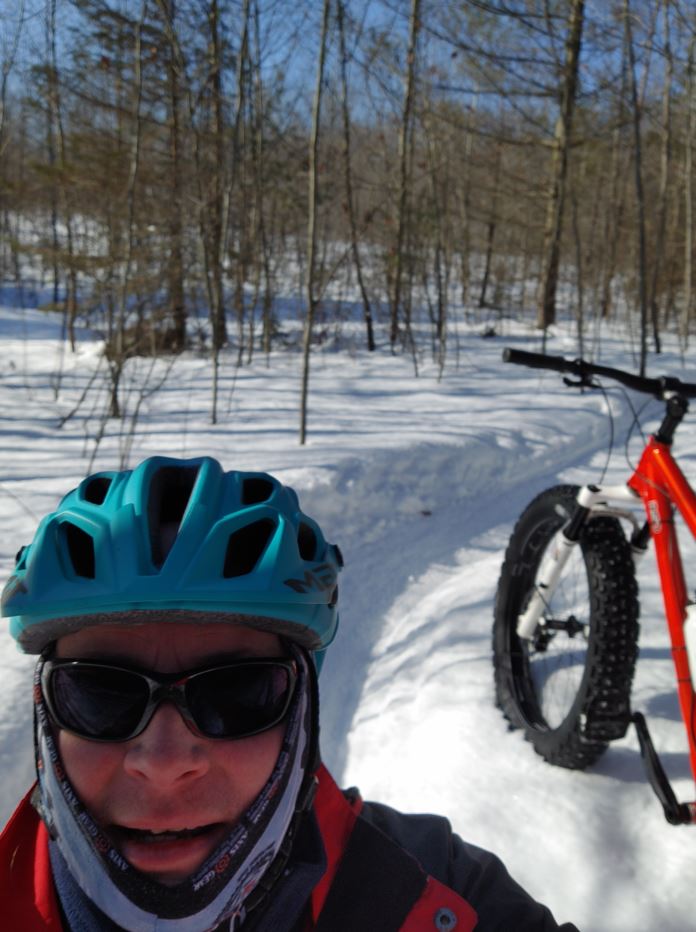People of Georgian: Journey with reconciliation changes professor’s life
Sept. 30, 2022
What’s your story?
Today is the National Day for Truth and Reconciliation. We recognize reconciliation is the collective and individual responsibility of all of us, so for this People of Georgian feature we are sharing an employee’s journey with reconciliation.
What’s one thing you can do today to honour reconciliation?
People of Georgian: Meet Jarrod Otterman
Definitely through the Me and White Supremacy learning circle – that was kind of the beginning of my journey with reconciliation.
It literally could not have changed my life more, like a 90-degree left turn.


The learning circle was made up of a group of Georgian employees reading the anti-racism book Me and White Supremacy.
The book guides readers through different aspects of white supremacy, encourages daily, reflective journaling to unpack their own biases and histories, discuss that with the learning circle over several weeks, and then take anti-racist action in their lives.
I’ve never seen anything the same way since; that was really eye opening.
Jarrod Otterman
Especially growing up a white male in middle-class Ontario, my outlook on life was very scripted, not intentionally by me but by the system I grew up in.
It was quite the realization that how I think and how we interpret media was all tailored to maintain this colonial system.
I even opened a different social media account on the same platform as an experiment. I followed completely different voices on the new one, and my news feed was totally different than my old account.
That was a big realization that I need to do something differently in my life.
‘We’re going to hear a different version of history that we didn’t hear’
I was a big fan of the band The Tragically Hip growing up. When their lead singer Gord Downie was still alive, during that last concert tour they did, the prime minister was there and they stopped the show and called him out, saying there are Indigenous people in this country that don’t have access to water, don’t have access to education.
That was the legacy he wanted, the Downie family – maybe they spark a little bit of change.
So, after I participated in the learning circle, I organized a couple walks in support of the Gord Downie & Chanie Wenjack Fund.
The organization provides materials and resources to elementary schools to build cultural understanding and create a path toward reconciliation between Indigenous and non-Indigenous peoples.
It starts with kids; we’re going to hear a different version of history that we didn’t hear.
We didn’t hear about residential schools when we were going to school, and it was still happening.


And today you see there have been small changes that I hope aren’t token. That comes back to me – I can’t just sit back and do things that are just for show.
Some people feel afraid that they’re going to get reconciliation wrong, like if I can’t get it right I won’t do it at all. But you have to jump in and do what you can.
Joining that learning circle changed my whole life – my outlook, my interaction with family and friends, and just how I move through the day – thanks to a lot of people here. I’m grateful for that.
Jarrod Otterman, professor in Georgian’s Engineering and Environmental Technologies programs, and alumnus from the college’s Carpentry and Renovation Techniques program (Class of 1999).